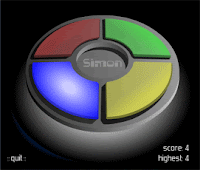Are you addicted to technology? How about social media? It’s a real thing, you know–virtual monkey on the back. Here are the sure signs you are addicted (at least according to one author who has written a book called “The Digital Diet” about when too much is not enough):
- The urge to pull out a cellphone even when someone you’re with is in the midst of a conversation with you.
- Texting even while your child is telling you about his or her day at school, and realizing later that you can’t remember the details of what your son or daughter has said to you.
- Having the vague feeling that something hasn’t really happened until you post it to Facebook or Twitter.
- Feeling isolated and anxious if you are offline for an extended period of time.
- Noticing that even when your family is all together in one room at home, each person is gazing at his or her own screen and tapping at a miniature keyboard.























